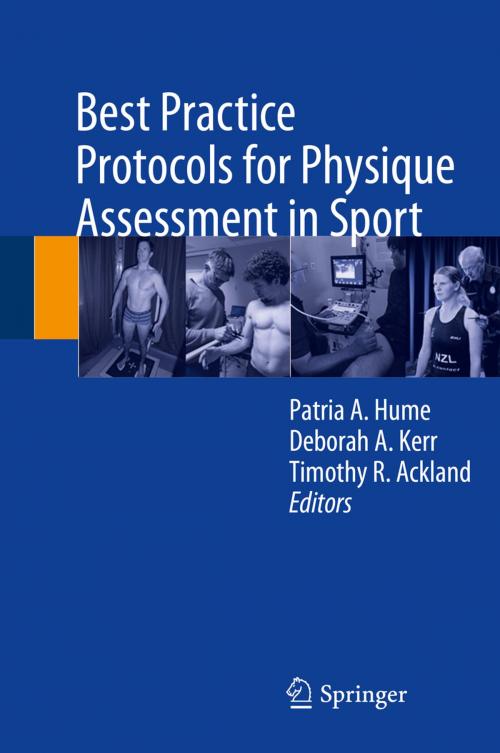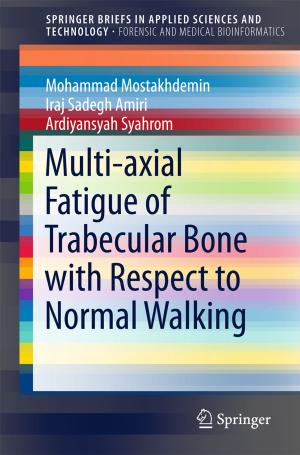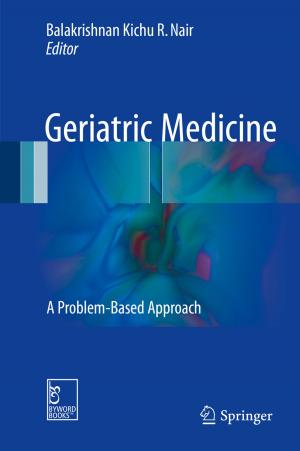Best Practice Protocols for Physique Assessment in Sport
Nonfiction, Health & Well Being, Medical, Specialties, Sports Medicine, Sports| Author: | ISBN: | 9789811054181 | |
| Publisher: | Springer Singapore | Publication: | December 21, 2017 |
| Imprint: | Springer | Language: | English |
| Author: | |
| ISBN: | 9789811054181 |
| Publisher: | Springer Singapore |
| Publication: | December 21, 2017 |
| Imprint: | Springer |
| Language: | English |
This book outlines best practice protocols for body composition analysis of high-performance athletes and provides guidance on the use of new technologies for anthropometry. While surface anthropometry has traditionally been used to assess body composition through the internationally recognised methodology of the International Society for the Advancement of Kinanthropometry (ISAK), the recent commercialisation of devices, such as bioelectrical impedance technologies, dual-energy X-ray absorptiometry (DXA), ultrasound, 3D photometry and air-displacement plethysmography (Bod Pod), has led to the non-standardised adoption of new measurement techniques. In this textbook, leading researchers detail standardisation procedures for each technology: in terms of athlete preparation, test protocols, test reporting, equipment calibration and data interpretation. Each chapter covers a different tool: how it works, what it is used to measure, and what the issues are surrounding its validity, practicality and reliability. This book provides an essential reference for device technicians and sport practitioners, ensuring that high-performance athletes are afforded accurate and comparable body composition information to guide their training routines.
This book outlines best practice protocols for body composition analysis of high-performance athletes and provides guidance on the use of new technologies for anthropometry. While surface anthropometry has traditionally been used to assess body composition through the internationally recognised methodology of the International Society for the Advancement of Kinanthropometry (ISAK), the recent commercialisation of devices, such as bioelectrical impedance technologies, dual-energy X-ray absorptiometry (DXA), ultrasound, 3D photometry and air-displacement plethysmography (Bod Pod), has led to the non-standardised adoption of new measurement techniques. In this textbook, leading researchers detail standardisation procedures for each technology: in terms of athlete preparation, test protocols, test reporting, equipment calibration and data interpretation. Each chapter covers a different tool: how it works, what it is used to measure, and what the issues are surrounding its validity, practicality and reliability. This book provides an essential reference for device technicians and sport practitioners, ensuring that high-performance athletes are afforded accurate and comparable body composition information to guide their training routines.















